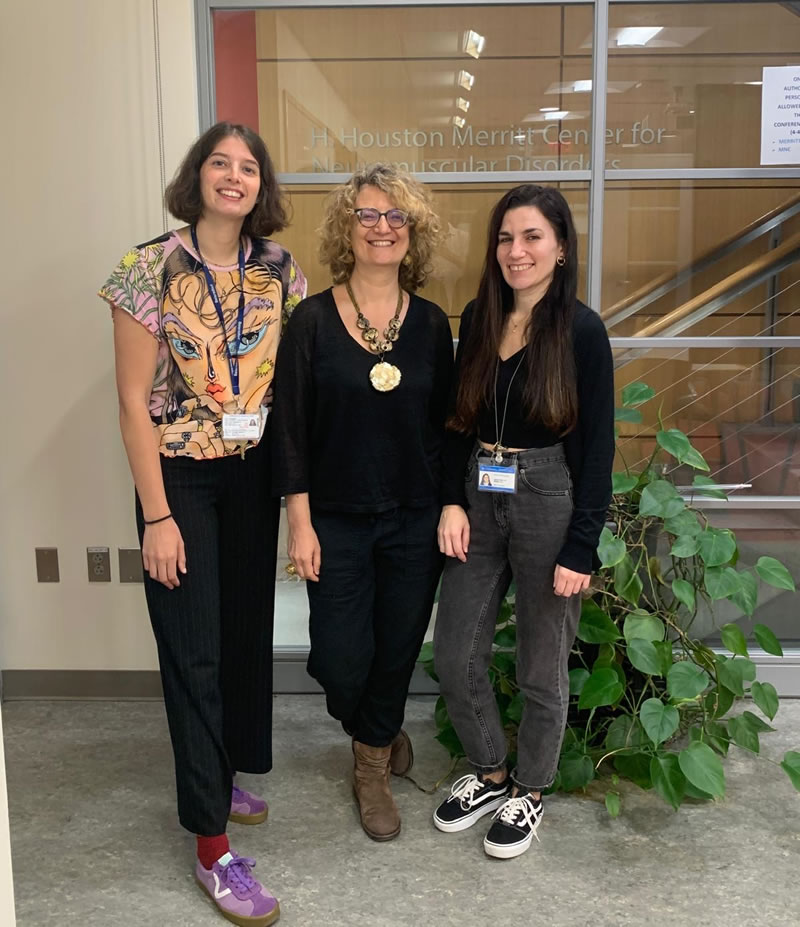MDA Resource Center: We’re Here For You
Our trained specialists are here to provide one-on-one support for every part of your journey. Send a message below or call us at 1-833-ASK-MDA1 (1-833-275-6321). If you live outside the U.S., we may be able to connect you to muscular dystrophy groups in your area, but MDA programs are only available in the U.S.
Defining the Protective Effects of Estrogen in FSHD

Facioscapulohumeral Muscular Dystrophy (FSHD) is a highly prevalent muscular dystrophy with no known cure. Clinical studies in patients with FSHD indicate females are typically less affected and more frequently asymptomatic compared to males. We have found similar sex-differences in a mouse model of FSHD, with females developing less severe pathology compared to males. Higher levels of circulating estrogens in females have been proposed as a potential mechanism for this difference, but if and how estrogens mitigate disease severity is poorly understood. Estrogen plays a critical role in the regulation of skeletal muscle mass, strength, and endurance through multiple mechanisms, and may interfere with the negative effects of double homeobox 4 (DUX4) protein expression -- the proposed cause of FSHD. Therefore, in Aim 1 and 2 we will investigate the effects of estrogen on DUX4 pathological activity and muscle health and function in a mouse model of FSHD. In Aim 3, we will investigate the protective effect of estrogen on the health and function of human “mini muscles” generated from muscle precursor cells isolated from FSHD and Healthy, male and female donors. We anticipate these experiments will: 1) elucidate the mechanisms contributing to less severe disease in females; and 2) provide insight into the potential utility to estrogen signaling as a therapeutic strategy to reduce symptoms and improve muscle health in males and females with FSHD.
Digital Object Identifier (DOI)
Grantee: Adam Bittel, PhD
Grant type: Development Grant
Award total: $210,000.00
Institution: Children's Research Institute (CNMC)
Country: USA



















